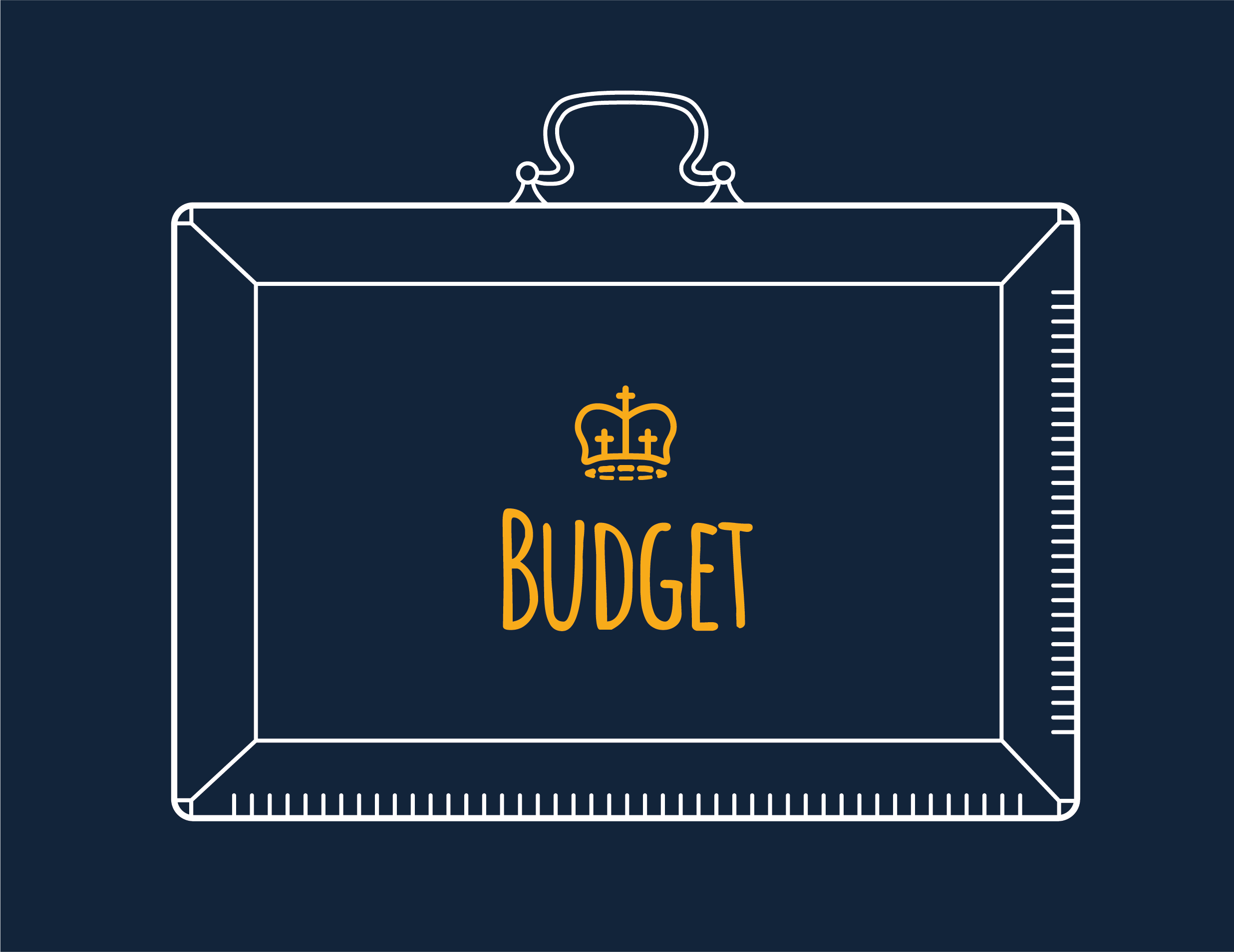
Many romantics would claim that money can’t buy love. However, evidence has shown that money can make or break a relationship as it affects the decisions we make.
We’ve conducted a survey and partnered up with psychologist and relationship expert, Dr Becky Spelman to find out more about the power money can hold on relationships.
In the survey, we asked a few taboo questions, such as who should pay on date night and whether you would break up with your partner if they became bankrupt.
We looked at gender and age group to find the most interesting results. Dr Becky Spelman then analysed the data and explained to us what the results could mean, and shared relationship advice based on the findings.
You can see the interesting results via our infographic below. You may learn a thing or two about why you or your partner might behave in a certain way, when dating or in a relationship.

Text Version: How does money impact our relationships?
Shepherds Friendly conducted a survey [1] and partnered with Dr Becky Spelman to find out about the power that money can hold on relationships.
DATING
Love at first sight (of cash)
“Money plays a part in how attractive you find a partner”
Men: 22.4% agree
Women: 36.1% agree
Highlights – Age 45-59:
Men: 9.56% agree
Women: 41.1% agree
Highlights – Over 60s:
Men: 27% agree
Women: 48% agree
Dr Spelman says: “Traditionally, men have been seen as providers for the family. Consciously or subconsciously, women sometimes still look for indications that a man would be able to care for her – and possibly, her children too. The statistics suggest that financial pressures tend to have eased for men aged between 45-59, before old age brings its inevitable health problems to men over 60”.
Date night dilemma
“Men should pay on a date night”
Men: 68.3% agree
Women: 41.9% agree
“Couples should split the bill on date night”
Men: 28.5% agree
Women: 56.1% agree
Highlights – Age 18-29:
Men: 29.4% agree
Women: 76.4% agree
Research also suggests that popular opinion in same-sex couples is that etiquette dictates that the person who initiated the date should be the one who pays the bill.[2]
Dr Spelman says: “Men paying on a date night is a traditional attitude that springs from the simple fact that our society comes from a very patriarchal past. Men still want to pay even though things have changed a lot in society, and this could be a way of exercising a degree of control in a relationship. Over three-quarters of women aged 18-29 feel that couples should split the bill, which indicates that younger
women have grown up in a society where they feel more secure and able, and less inclined to look to male partners for financial security”.
Relationship material?
“How much a partner earns is important in terms of pursuing a relationship”
Men: 22.4% agree
Women: 31.4% agree
Highlights – Age 30-44:
Men: 16.1% agree
Women: 21.4% agree
Dr Spelman says: “A significant minority of both men and women feel that a partner’s earnings are an important element in a relationship. This view is slightly more commonly held among women, reflecting the traditional role of men as providers, and the fact that women still earn less, on average, in many sectors. It’s also important to note that, while money is important, most of us don’t mind if our loved one doesn’t bring home a big pay cheque. Love and compatibility matter more!”.
IN A RELATIONSHIP
Keeping your cards close to your chest
“Salaries are personal information and not to be shared with partners”
Men: 9.1% agree
Women: 13.3% agree
Same-sex couples are more likely than heterosexual couples to keep their finances separate.[3]
The majority of people are happy for their partner to know how much they earn.
Dr Spelman says: “In the early stages of a relationship, it’s normal to want to keep our cards close to our chest. However, if a couple is thinking of getting serious, such as moving in together or getting married, it is important to be able to share vital information that is relevant to them as a unit. The amount of money a couple has at their disposal is key to making joint decisions and when someone feels that they can’t share information about their income with the person they love, it is probably time to assess the relationship”.
Break up worthy?
“Individuals are not responsible for their partner’s debt”
Men: 24.4% agree
Women: 31.4% agree
“Bankruptcy equates to the end of a relationship”
Men: 11% agree
Women: 10.4% agree
Dr Spelman says: “The number of people who would split up with their partner in the case of bankruptcy is very close to the number who don’t believe in sharing financial information with their partner. This is not a coincidence! The irony is that a reluctance to share financial information can be a contributing factor to bankruptcy, as people may feel under pressure to appear wealthier than they are, and spend money they don’t have. When a substantial number of people state that money plays a role in finding someone attractive, that is not surprising! However, lasting relationships are built on honesty and trust, and that includes financial honesty”.
Thinking long-term
“It’s important to save for your future”
Men: 89.7% agree
Women: 92.3% agree
Dr Spelman says: “Saving for the future really stands out as something that most people agree on! Obviously, there are lots of practical reasons why saving money makes sense, but this is also an emotion-laden point of view. Knowing that we have some money set aside for a rainy day makes us feel more comfortable, at ease, and ready to accept a risk. These are all factors that most of us also find attractive in a potential partner, too”.
VERDICT
It seems that we are all more likely to be generously inclined when our own financial situation is secure, regardless of how romantic or otherwise we consider ourselves to be!
We can see that money – or more accurately the sense of security access to money brings – has an impact on every area of life, including love, romance, and dating!


